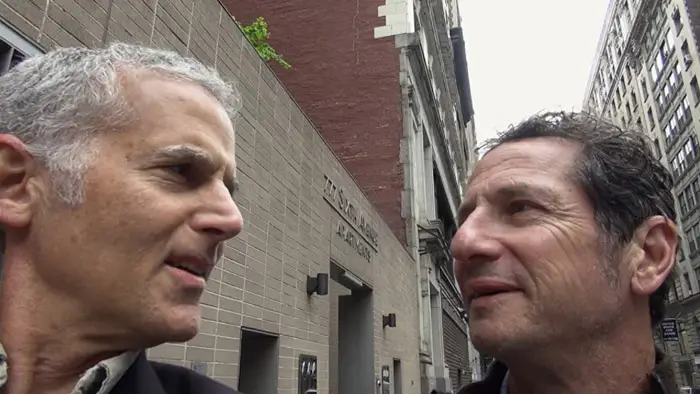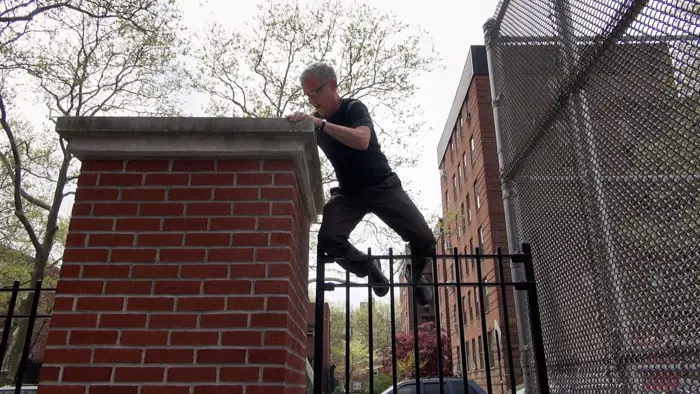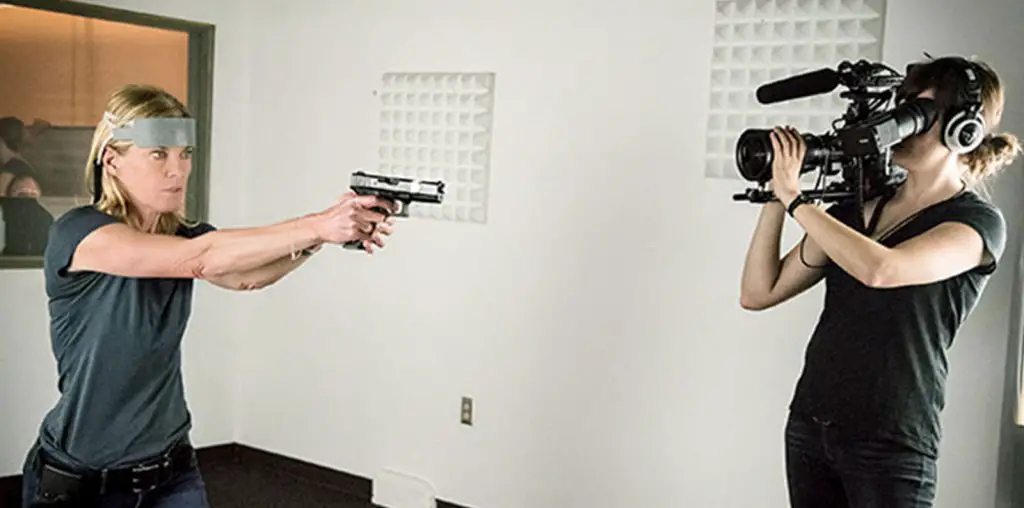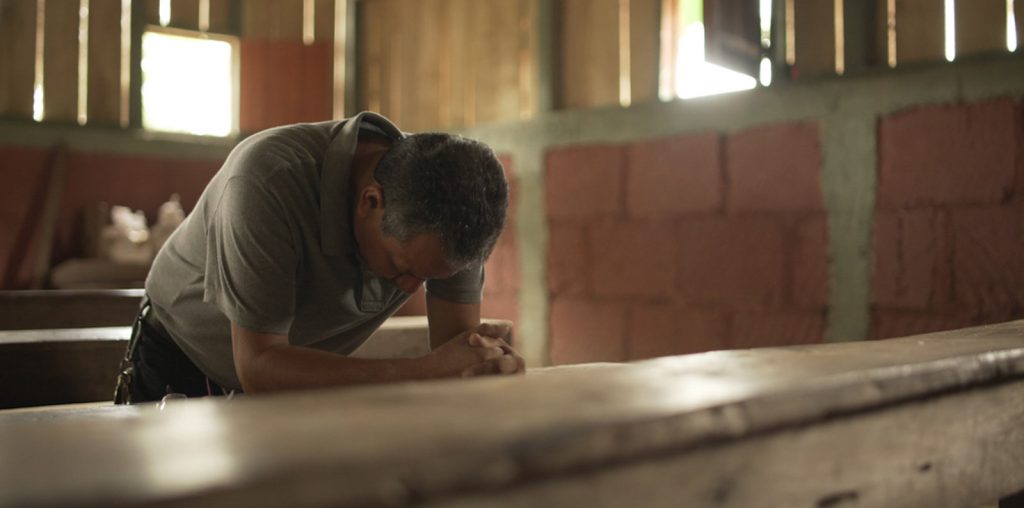
SUNDANCE 2021 FILM FESTIVAL REVIEW! Sheepshead Bay. P.S. 194. In 1965 an incident occurred in this Brooklyn elementary school’s yard that has haunted filmmaker Jay Rosenblatt his entire life. A group of fifth-graders, himself included, surrounded and beat up an outcast named Richard, or Dick, as he was then called, a tortuous nickname for a fifth-grade boy. Dick managed to wiggle away from the spitting and the punching, but the ordeal clearly impacted the young Rosenblatt and has remained with him ever since. The documentary When We Were Bullies is his penance.
Flash forward to 1994 when Rosenblatt was working as a college professor in San Francisco. Rosenblatt makes a movie inspired by this childhood episode entitled The Smell of Burning Ants that examined what it is like to grow up male and navigate the burgeoning machismo that develops among young males. It is then that Rosenblatt had a jaw-dropping moment of serendipity. A student film made for Rosenblatt’s class had used a voice-over actor who turned out to be none other than one of Rosenblatt’s fifth-grade classmates from Brooklyn, a man also named Richard. When Richard read the script for Rosenblatt’s film, memories long thought dead and buried were reawakened. One of which was the group bullying of Dick.
The director was troubled by the effect that this incident in his youth had on him and, more importantly, his participation in it. Perhaps as a means of seeking absolution, Rosenblatt decided to seek out as many classmates from his fifth-grade class as he could and ask them if they remembered and were affected by this momentous event in the same way he was. The result is a Rashomon-like accounting that provides Rosenblatt with a measure of closure and a slightly more profound understanding of his actions.

“A group of fifth-graders, himself included, surrounded and beat up an outcast…”
The filmmaker is definitely creative. Much of When We Were Bullies utilizes stock footage from 1950s movies, television, and what look like PSAs to demonstrate the time period. Underscoring a story with stock footage can sometimes undercut the point, but here, the device is used effectively. The clips Rosenblatt chooses to highlight his story are natural fits for the material; it feels almost as though he has filmed his own story in black and white. Additionally, Rosenblatt uses the fifth-grade yearbook photos of his former classmates to highlight whichever classmate is talking as an adult and to clarify who some of the young players are.
I think Rosenblatt would love for this film to be some sort of examination on the nature and psychology of bullying, but despite the artistic touches, the short never manages to be engaging enough. The movie is highly personal, so specific to Rosenblatt and his former classmates that it alienates the very people he is trying to relate to. Bullying is an important issue but unfortunately and unfairly for those somehow deemed “different” part of the adolescent experience. The subject deserves a thorough, thoughtful, and clinical discussion of its origins in the teenage boy and girl. When We Were Bullies tries to position itself as that, but it is too narrow a recollection.
When We Were Bullies is like a story that someone tells you at a party that is hilarious to them but barely registers for you. When they are finished and a sense that you don’t find their story half as mind-blowing as they do, they’ll say, “Well, you just had to be there.”
When We Were Bullies screened at the 2021 Sundance Film Festival.

"…so specific to Rosenblatt and his former classmates that it alienates the very people he is trying to relate to."


